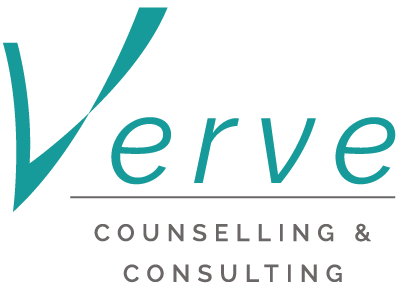Cognitive Behavioral Therapy (CBT)
What is CBT?
As the name suggests, Cognitive-Behavioral Therapy involves working on our cognitions and behaviors in order to change how we feel.
The cognitive part focuses on understanding how the way that we look at our situations affects our feelings, behaviors and our body. Often, it is not the event itself that determines our experience, but our interpretations and beliefs of those events. In other words, our thoughts act as a filter through which we view our experience.
In CBT, self-awareness is the first step. Once we become more aware of our automatic thoughts (a constant stream of thoughts that are not under our deliberate control), we are in a better position to notice and challenge them when they get in the way.
By identifying and examining our thoughts, we play an active role in changing the way we feel. The focus is on checking how helpful and true our thoughts are in any given situation.
The behavioral part focuses on understanding the impact of our behaviors and our mood. This may include taking a look at our daily activities and understanding how they affect our mood. It can also involve facing our fears by gradually exposing ourselves to avoided situations as a way of working with unhelpful fears.
CBT is a structured approach involving pscyho-education, challenging beliefs, thought and behavioral experiments, learning mindfulness and relaxation skills to calm your mind.
What concerns can CBT be used for?
- Stress management
- Anxiety
- Panic
- Avoidance of feared situations
- Low mood/ depression
- Optimizing how you manage daily situations
- Sleep difficulties
- Goal setting
- Assertiveness skills & setting boundaries


